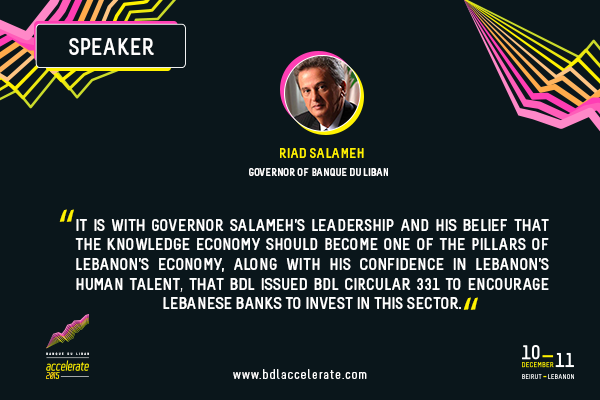Ahmad Ashkar – Hult Prize
Written by

Ahmad Ashkar
Hult Prize, CEO & Founder
Ahmad Ashkar is the CEO and Founder of the Hult Prize Foundation, named by President Bill Clinton and Time Magazine as one of the top 5 initiatives changing the world. Ahmad is one of the world’s notable experts in crowd and venture philanthropy. He specializes in entrepreneurship, innovation and strategy, and global expansion.
As a Palestenian-American, Ahmad is also an active social entrepreneur in the West Bank where he recently co-founded PalestineWater Company, a public private partnership that delivers clean water to the residents of Palestine. His work has been regularly recognized across the globe receiving several accolades; Harvard Business Review recognized Ahmad as a social innovator, the World Economic Forum nominated him as Young Global Shaper, and he has also been nominated as TR35 Pan Arab Top 35 Innovators Under 35, and a Power 30 Under 30 nominee.
Ahmad also serves as an adviser to both private and government sector entities across the Middle East and Latin American consulting on youth empowerment, entrepreneurship, crowd science and social entrepreneurship. As a recognized expert, he regularly appears as a coach and speaker at the Clinton Global Initiative, World Economic Forum, UN Social Innovation Summit and other notable gatherings.
The Hult Prize Foundation is a startup accelerator for young social entrepreneurs. Hult Prize is the largest student competition for social good in the world: the annual, year-long competition which pits MBA and college students from around the world against each other in a bid to solve the planet’s biggest social issues. The winners receive US $1 Million in seed capital as well as mentorship from the international business community, to help launch a social enterprise.
Since the Hult Prize was founded in 2009, it has been bringing sustainable change to some of the poorest people in the world and tackling several of the world’s social issues. The businesses created generate sustainability through profitable business models that are designed to bring social and financial impact. Winners have gone on to create businesses that provide holistic services at affordable prices to slum-dwellers specializing in chronic disease management, the world’s largest solar lights distributor, an alternative protein industry in micro-livestock, and a few other notable businesses.
By creating Hult Prize, Ahmad changed the world of social entrepreneurship and has been making an impact on the world. Ahmad, one of the truly inspirational and influential people in our world today, will be speaking at BDL Accelerate 2015.




